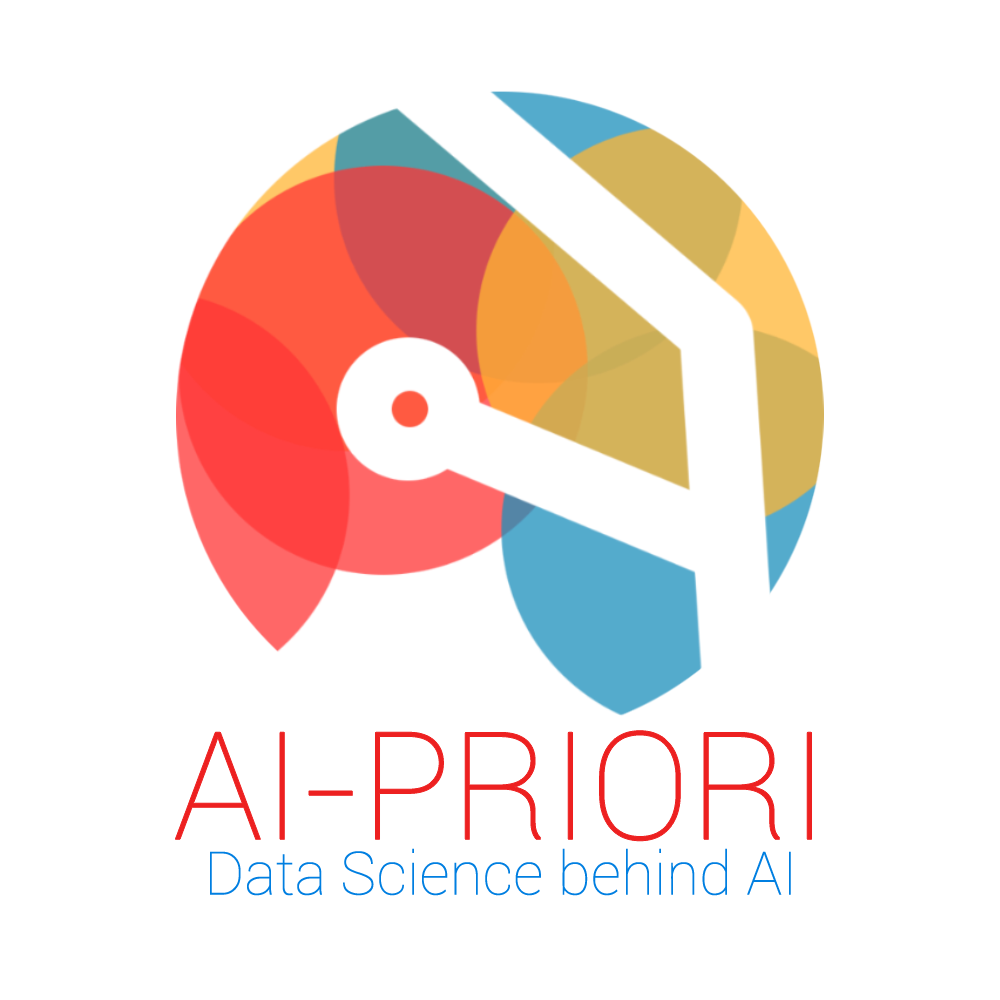
The world and your enterprise is awash with data. This is not new, we have had data since the day the disk drive was invented, often seen as just a byproduct of doing some business transaction. What has changed over the last few years is the ability to store and process that data into something that has value over and above its original form.
This is now known as Data Science. In its purest form Data Science applies statistical models that allows computers to learn without specific programming to create models that can be used for example to predict, group things or find anomalies.
Not one thing but a series of steps that enable you to gain business value from your data. You can read many reports and predictions which all say data and analytics are key trends for the future. How can you get behind the hype to achieve real world results?
This is now known as Data Science. In its purest form Data Science applies statistical models that allows computers to learn without specific programming to create models that can be used for example to predict, group things or find anomalies.
Not one thing but a series of steps that enable you to gain business value from your data. You can read many reports and predictions which all say data and analytics are key trends for the future. How can you get behind the hype to achieve real world results?
All starts with a NEED, our path to insight looks like:
- Empathise to Understand the Need
- Define Outcomes and make Decisions
- Ideate variables and outcomes
- Prototype to Confirm
- Test and Learn
- Repeat any or all of the above as necessary
- Productise and produce


Practical areas to consider are:
- Data sources
◦ internal
◦ external - Data Lineage
- Data Security and Privacy
- Data Storage and Volumes
- Data Integration (ETL/ELT)
- Organisational Readiness
◦ IT
◦ Management
◦ Employees - Do you have a Data Strategy?
◦ If so, what does it look like?
Some of our services in the Data Science and Analytics arena can be categorized as:

Data Science Experimentation Services
Delivering actionable business insight to help solve complex issues using a variety of Machine Learning techniques. It all starts with just one question.
- Customer Behaviour
- Recommendation Engines
- Transportation Flow
- Sentiment Analysis
- Image Recognition
- Natural Language Processing
- Process Mining

Data Curation Services
Moving to a digital driven business necessitates being able to manage information from diverse sources and make it available in real-time, in a flexible and scalable way. Making your data an asset on which to build competitive advantage.
- Data inventories, lineage, sourcing to
- Data Ingestion
- Identify which data is the most important or useful
- Data quality assessments
- Data product creation for use by others

Big Data Profiling and Data Lake Creation Services
Currently data management is undergoing a change from traditional data storage to more modern scalable and flexible data platforms which will not only support existing business but create future ones.
- Sizing Big Data
- Migration to Big Data tools such as Hadoop and Spark
- Data Virtualisation

Data Visualization and Analytics Services
Often seen a traditional way analysing data this still has a benefit in being the precursor to employing more sophisticated methods and tools. This is the first opportunity you have to evaluate the data and come to some initial conclusions. As well the place to create new features which can be fed back into the existing business intelligence (BI) environment
- Exploratory data analysis and graphs
- Integration with BI tools such as Qlikview, Power BI, Tableau

Algorithm Optimization and Management
Once models and algorithms have entered production they will need to be constantly monitored for speed and accuracy.
- Using AutoML
- Comparison of algorithms and validation of results
- Version control

Data Life Cycle Services
Good governance starts with monitoring and then ensuring that the life cycle of a service is clearly defined and transparent. This is even more important when it comes to Data Science in that many cases it is invisible black box yet legislation requires to know which versions was used and how the decision was made.
- Data ingestion monitoring
- Model improvement
- Building data pipelines
- Train organisation to understand results and methods

Data Architecture Modernisation Services
The success of a business is decided by the functioning of its digital ecosystem. This in turn in underpinned by many background services many of which are encompassed by data architecture.
- Gaining benefit of Open Source
- On-premise
- Cloud
- Serverless
- DataOps
- Moving to a Consumption model of costing and charging
